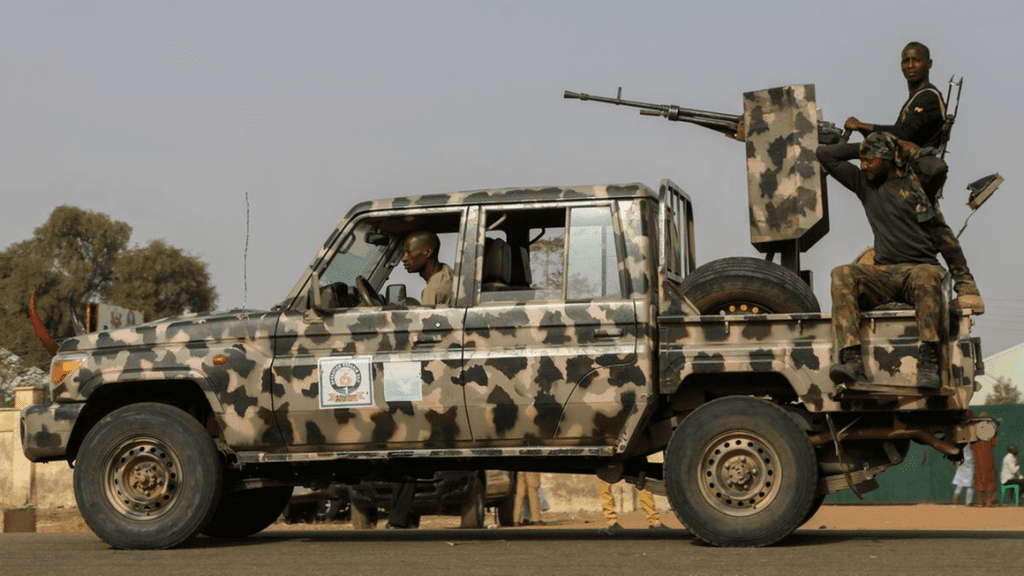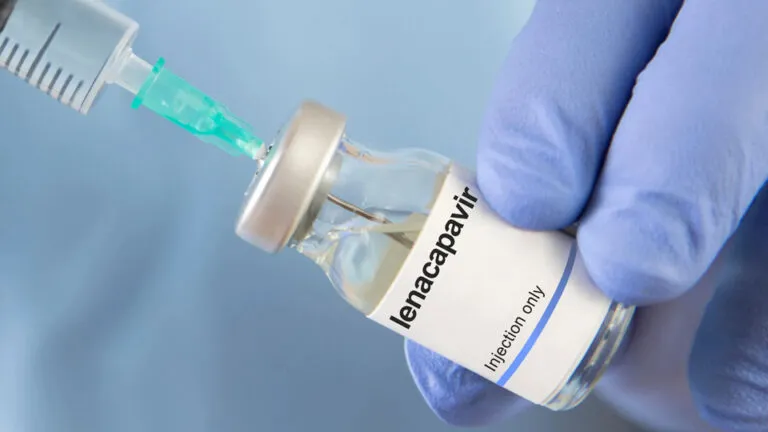Gamuchirai Zhou has been struggling for the past six months to find a psychiatric hospital for her 22-year-old son in Harare, Zimbabwe. The number of drug addicts seeking treatment has overwhelmed public health facilities, leading to a severe shortage of available beds.
Zhou’s son developed a mental illness early last year, attributed to drug abuse that started during his secondary school years. His violent outbursts often occur when the family refuses to give him money for drugs. “The doctors at government hospitals say he can’t be admitted because the facilities are full, and most of the patients suffer from drug-induced mental illnesses,” she explained. “They just give him an injection to calm him down, but a few days later, he relapses into drug use, and the violent behavior returns.”
Like many families in Zimbabwe, Zhou’s family cannot afford private treatment, as their income has significantly declined due to the impact of the COVID-19 pandemic. Hopewell Mungani, the clinical director at Sally Mugabe Central Hospital’s psychiatric unit, confirmed the crisis, stating that public health institutions are overwhelmed, with some patients even being sent to prison for three months to “cool off” rather than receiving proper treatment.
“Drug abuse has reached crisis levels,” Dr. Mungani noted. “We admit patients who are in crisis, such as those who are psychotic, suicidal, or homicidal due to drug abuse. However, we do not have the capacity for long-term rehabilitation.”
He emphasized that effective treatment for substance abuse requires robust community support before and after hospital discharge, but Zimbabwe’s healthcare system is struggling to keep up with the increasing demand for drug-related treatment. Dangerous patients are sometimes sent to Chikurubi Maximum Security Prison if they exhibit violent behavior or commit crimes to fund their addiction.
The health crisis reflects a broader socio-economic issue in Zimbabwe, particularly among the youth, which has worsened since the onset of the pandemic. With an estimated 90% unemployment rate, many young people are drawn to substance abuse, often with little hope for rehabilitation. The World Bank reported that the COVID-19 outbreak pushed 1.3 million Zimbabweans into extreme poverty, leaving approximately 49% of the population—about 7.9 million people—extremely poor.
Johannes Marisa, president of the Medical and Dental Private Practitioners of Zimbabwe Association, linked the rise in drug abuse to the worsening socio-economic crisis. “Many youths are resorting to drug and substance abuse due to high levels of unemployment,” Dr. Marisa said. “It has become fashionable in some areas to use drugs such as cannabis, cocaine, methamphetamine, and even sodium polyacrylate found in diapers.”
The issue has even infiltrated sports, with Philani Ncube, a top-flight football coach, claiming that up to 80% of players in Zimbabwe’s top division are addicted to drugs. “These boys have taken drugs as part of their lifestyle,” he remarked, adding that drug use has become a trend even at the junior level.
In Harare’s impoverished neighborhoods, homemade concoctions, such as sodium polyacrylate (used in diapers), are popular among youth. Additionally, drug dealers exploit Zimbabwe’s use of foreign currency and the country’s porous borders to smuggle in drugs like crystal meth, heroin, and cocaine. The price of crystal meth has reached $12 per gram in townships, forcing many addicts to engage in criminal activities to sustain their habits.
The Zimbabwe Civil Liberties and Drug Network (ZCLDN) has noted that the rise in drug trafficking and substance abuse poses a significant burden on families, communities, health systems, and the national economy. ZCLDN is collaborating with the government to implement a national drug master plan that emphasizes supply reduction, harm reduction, treatment, and community reintegration.
While official data on drug abuse in Zimbabwe is lacking, organizations like ZCLDN highlight high levels of illicit drug use, particularly since the pandemic began. Earlier this year, President Emmerson Mnangagwa established an inter-ministerial committee to address the emergency of drug abuse, emphasizing the need to “de-toxify and clean the minds of the young people from drugs and other social ills.” The police have also launched operations to crack down on drug dealers, frequently reporting arrests and efforts to dismantle drug syndicates.




















